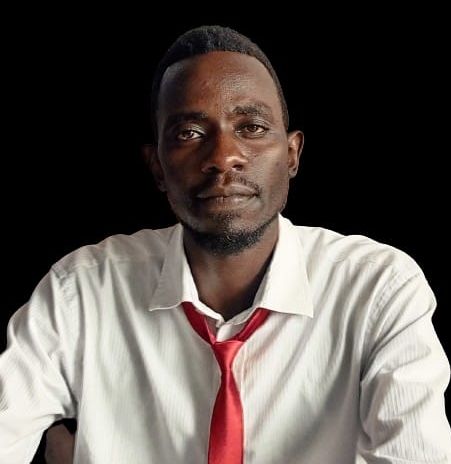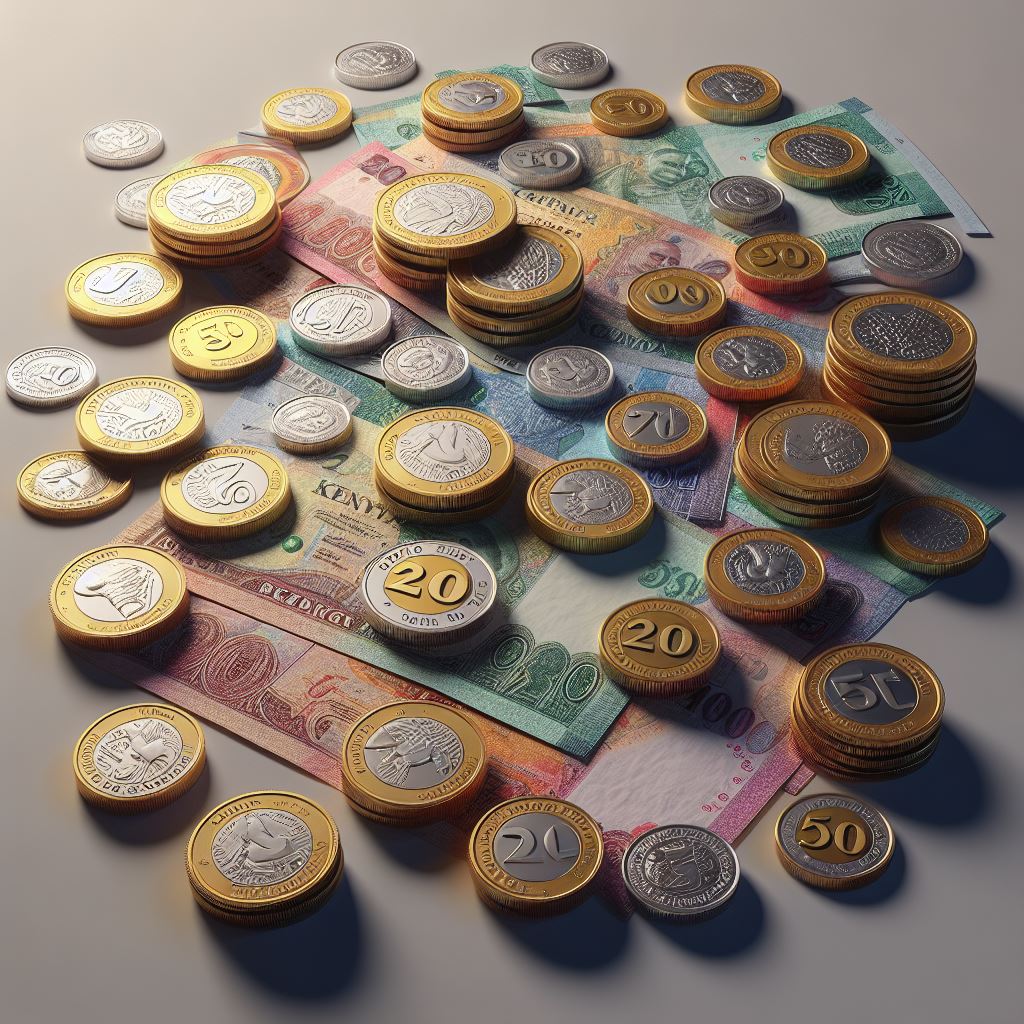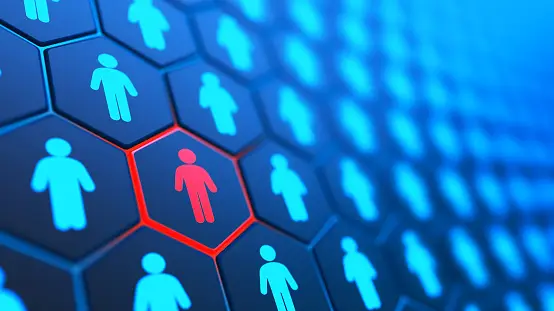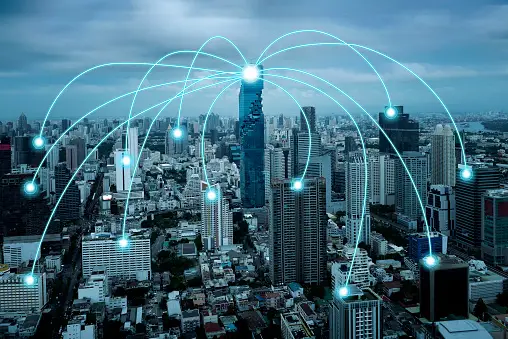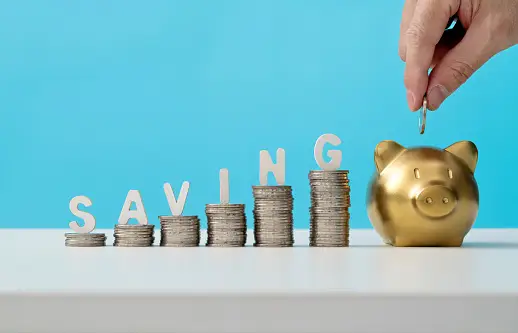“The quickest way to double your money is to fold it in half and put it in your back pocket.”
A coin. A piece of paper. A digit on a screen. A symbol of value, power, freedom. Money is one of humanity's most impressive inventions; it is also one of its most illusory and counterintuitive. Whether we care about money or not-we are all affected by it. On both the collective and individual scale, nearly all of humanity is propelled by money's intangible current.
WHAT IS MONEY?
Plainly, money is defined by three primary functions: a medium of exchange, a store of value, and a unit of account. As a medium of exchange, money can be exchanged for goods and services. As a store value, it holds its value over time so it can be exchanged for goods and services in the future. And as a unit of account, it not only provides a common measure of value that can be exchanged for goods and services in the future, but also provides a common measure of value to compare and discern reasonable, consistent pricing across goods and services. Before money, there was bartering-the direct trade of goods and services for other goods and services. This had many problems. Mainly, bartering was highly susceptible to a frequent asymmetry in trade needs. What is known as the double coincidence of wants , a condition in which two parties in the same place both have items or services that the other party wants at the same time. The fundamental problem with this is that this condition rarely occurred. For example, if one party was looking to trade cattle and another party was looking to trade baskets, the party looking to trade cattle would also need to want baskets, and the party with baskets would need to want cattle for a trade to occur between the two. Since this sort of perfect alignment would rarely be the case, other intermediate trades would often become necessary. For example, let's say the party with surplus cattle actually wanted fabric. In order to get fabric, they might have needed to trade cattle for baskets, and then baskets for fabric with someone else who wanted baskets. Naturally, this and then baskets for fabric with someone else who wanted baskets. Naturally, this would result in crude exchanges, inefficiencies, and imbalances across a socioeconomic landscape.
Money, of course, solves this problem. At bottom, money retains its function and value because we all agree that it's valuable and we all participate in its functions.
THE PHILOSOSOPHY OF MONEY
The way each of us handles money provides interesting and important insights into who we are. More importantly, money can be used to discover and optimize these insights. The way an individual treats money is affected by their values. If everything is in alignment, how one handles money should illuminate and enhance one's values. Of course, this is not always the case. And if it isn't for us, arguably, the goal is to work toward creating this alignment -finding the equilibrium of one's wants, better understanding oneself, controlling one's impulses, and actualizing one's unique image of life. Beyond money's primary functions, its secondary functions can include-and should include when possible-a means of clarity, focus, discipline, and control. This, of course, comes with many challenges.
Firstly, we are all born into different circumstances. We are each born in certain places in the world, with certain genetics, to certain parents with certain values and resources, in certain times in history. Collectively, these circumstances unfold into who we are-they both limit and allow us to do things, and they ultimately form our worldviews. This includes our relationship with, access to, understanding of, and behavior around money. Therefore, this puts everyone in different positions, both in terms of financial resources and goals, based entirely on chance. This is important to note. , You can't have everything, No matter who you are. Money is interesting and potentially problematic in this respect, because, like everything, it is finite, but it seems as though you can always have more of it. Because of this phenomenon, it can become easy to live in a way, spurred by money, that is directly at odds with the nature of our existence- a brief, fleeting existence that will end and does not allow us to bring anything with us when it does. If we are really lucky, while we are here we can maybe have a couple big things- things like contentment, material abundance, strong family relationships, enduring friendships, status, worldly travel, impressive career achievements. fame, and a legacy. The lucky ones among us can maybe have a couple of these things-maybe a few. But in order for any of us to have any chance at having anything we want, we need to choose and prioritize. It is often said that time is money. But if that's true, then money is also time. How we strive to pursue and spend money, then, is (or at least should be) closely correlated, if not identical, to how we strive to handle and spend our time. Choices around money, therefore-around acquiring, saving, investing, and spending money-are philosophical choices.
By evaluating and determining what we want with and from money, we determine, in part, what we want with and from life.
WHAT IS MONEY?
Plainly, money is defined by three primary functions: a medium of exchange, a store of value, and a unit of account. As a medium of exchange, money can be exchanged for goods and services. As a store value, it holds its value over time so it can be exchanged for goods and services in the future. And as a unit of account, it not only provides a common measure of value that can be exchanged for goods and services in the future, but also provides a common measure of value to compare and discern reasonable, consistent pricing across goods and services. Before money, there was bartering-the direct trade of goods and services for other goods and services. This had many problems. Mainly, bartering was highly susceptible to a frequent asymmetry in trade needs. What is known as the double coincidence of wants , a condition in which two parties in the same place both have items or services that the other party wants at the same time. The fundamental problem with this is that this condition rarely occurred. For example, if one party was looking to trade cattle and another party was looking to trade baskets, the party looking to trade cattle would also need to want baskets, and the party with baskets would need to want cattle for a trade to occur between the two. Since this sort of perfect alignment would rarely be the case, other intermediate trades would often become necessary. For example, let's say the party with surplus cattle actually wanted fabric. In order to get fabric, they might have needed to trade cattle for baskets, and then baskets for fabric with someone else who wanted baskets. Naturally, this and then baskets for fabric with someone else who wanted baskets. Naturally, this would result in crude exchanges, inefficiencies, and imbalances across a socioeconomic landscape.
Money, of course, solves this problem. At bottom, money retains its function and value because we all agree that it's valuable and we all participate in its functions.
THE PHILOSOSOPHY OF MONEY
The way each of us handles money provides interesting and important insights into who we are. More importantly, money can be used to discover and optimize these insights. The way an individual treats money is affected by their values. If everything is in alignment, how one handles money should illuminate and enhance one's values. Of course, this is not always the case. And if it isn't for us, arguably, the goal is to work toward creating this alignment -finding the equilibrium of one's wants, better understanding oneself, controlling one's impulses, and actualizing one's unique image of life. Beyond money's primary functions, its secondary functions can include-and should include when possible-a means of clarity, focus, discipline, and control. This, of course, comes with many challenges.
Firstly, we are all born into different circumstances. We are each born in certain places in the world, with certain genetics, to certain parents with certain values and resources, in certain times in history. Collectively, these circumstances unfold into who we are-they both limit and allow us to do things, and they ultimately form our worldviews. This includes our relationship with, access to, understanding of, and behavior around money. Therefore, this puts everyone in different positions, both in terms of financial resources and goals, based entirely on chance. This is important to note. , You can't have everything, No matter who you are. Money is interesting and potentially problematic in this respect, because, like everything, it is finite, but it seems as though you can always have more of it. Because of this phenomenon, it can become easy to live in a way, spurred by money, that is directly at odds with the nature of our existence- a brief, fleeting existence that will end and does not allow us to bring anything with us when it does. If we are really lucky, while we are here we can maybe have a couple big things- things like contentment, material abundance, strong family relationships, enduring friendships, status, worldly travel, impressive career achievements. fame, and a legacy. The lucky ones among us can maybe have a couple of these things-maybe a few. But in order for any of us to have any chance at having anything we want, we need to choose and prioritize. It is often said that time is money. But if that's true, then money is also time. How we strive to pursue and spend money, then, is (or at least should be) closely correlated, if not identical, to how we strive to handle and spend our time. Choices around money, therefore-around acquiring, saving, investing, and spending money-are philosophical choices.
By evaluating and determining what we want with and from money, we determine, in part, what we want with and from life.

